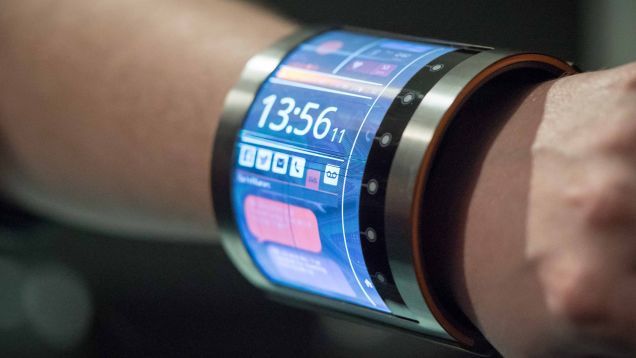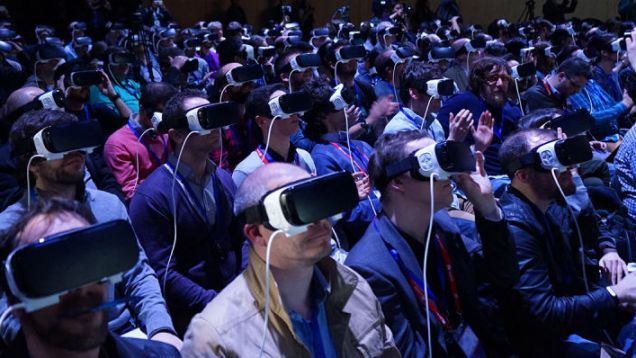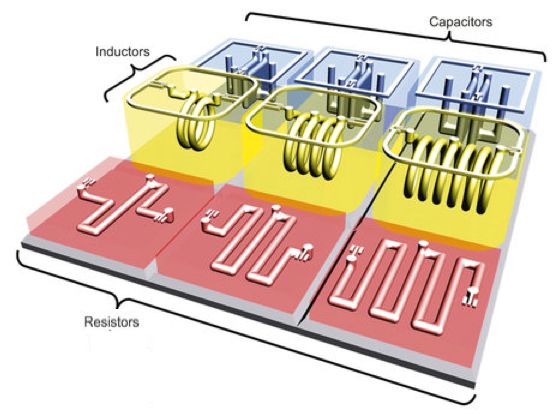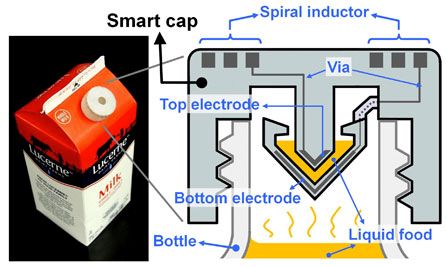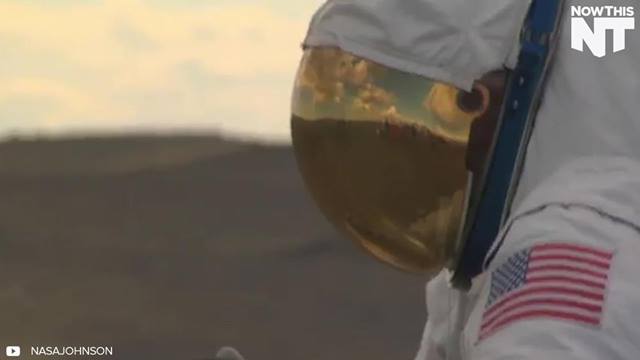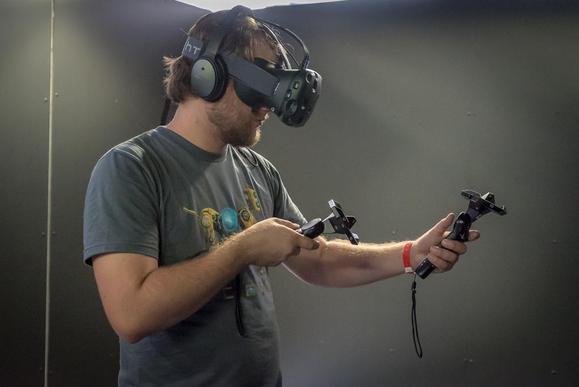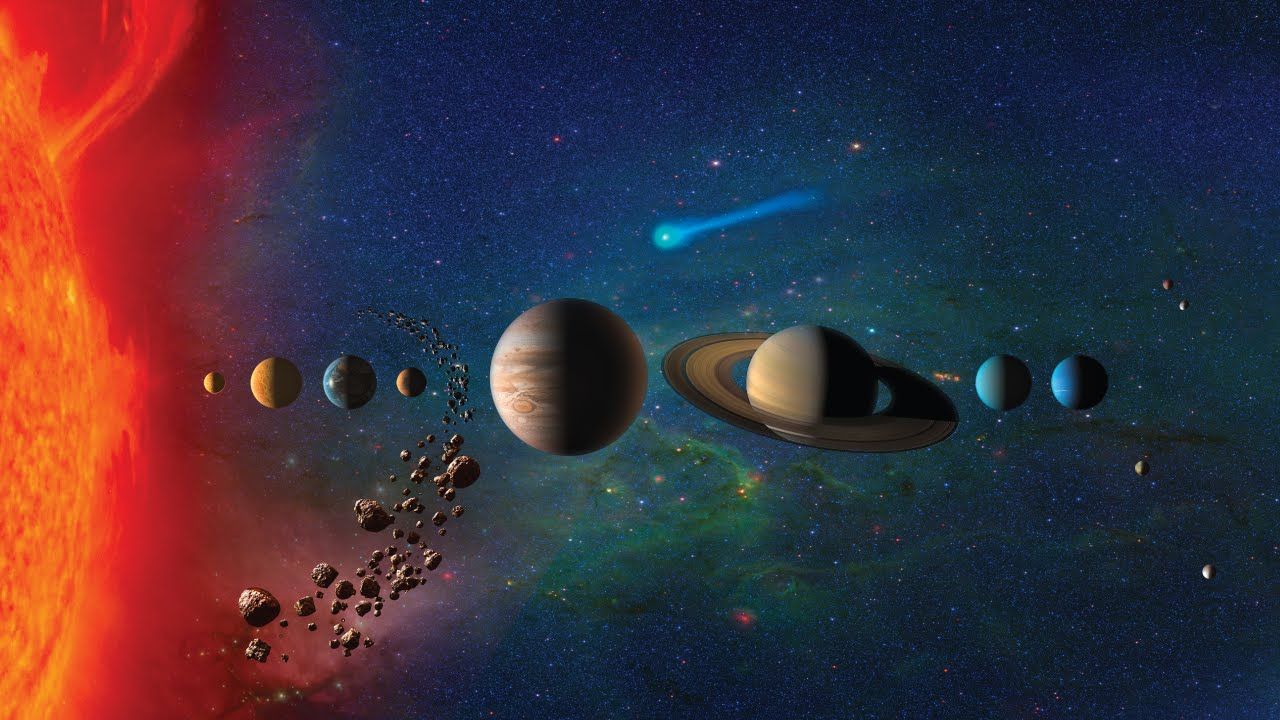Feb 22, 2016
This 4.7-Inch Organic LCD Wraps Right Around Your Wrist
Posted by Sean Brazell in categories: electronics, wearables
Your smartwatch screen may soon be rather more impressive: This 4.7-inch organic LCD display is flexible enough to wrap right around a wrist.
Produced by FlexEnable from the UK, the screen squeezes a full-color organic LCD onto a sheet that measures just one hundredth of an inch thick, which makes it highly conformable. The company claims that it can easily run vivid colour and smooth video content, which is a sight better than most wearables.
It’s not the first flexible display, of course. LG already has an 18-inch OLED panel that has enough flexibility to roll into a tube that’s an inch across. But this concept—which, sadly, is all it is right now—is the first large, conformable OLCD designed for wearables that we’ve seen.
Continue reading “This 4.7-Inch Organic LCD Wraps Right Around Your Wrist” »
